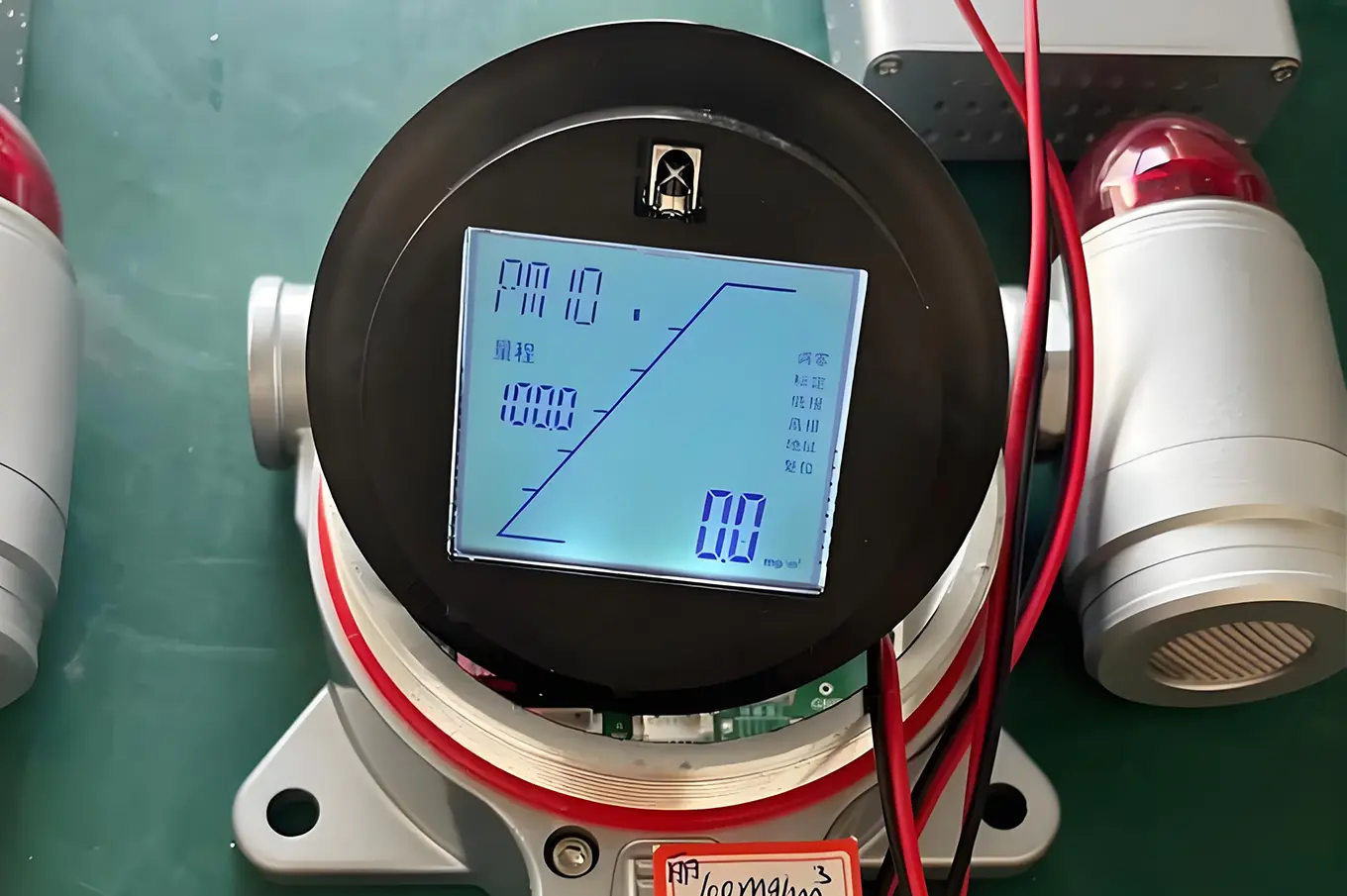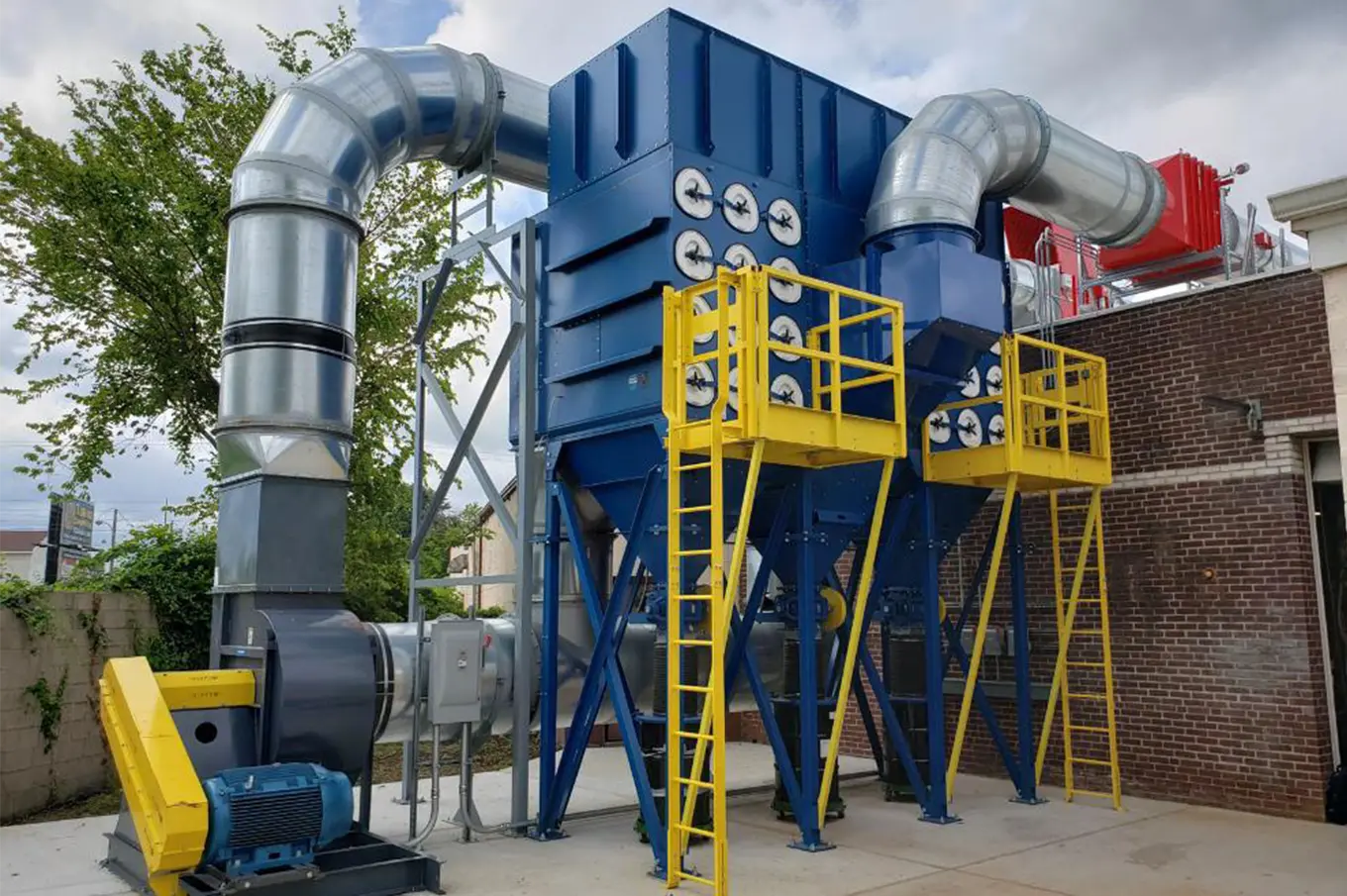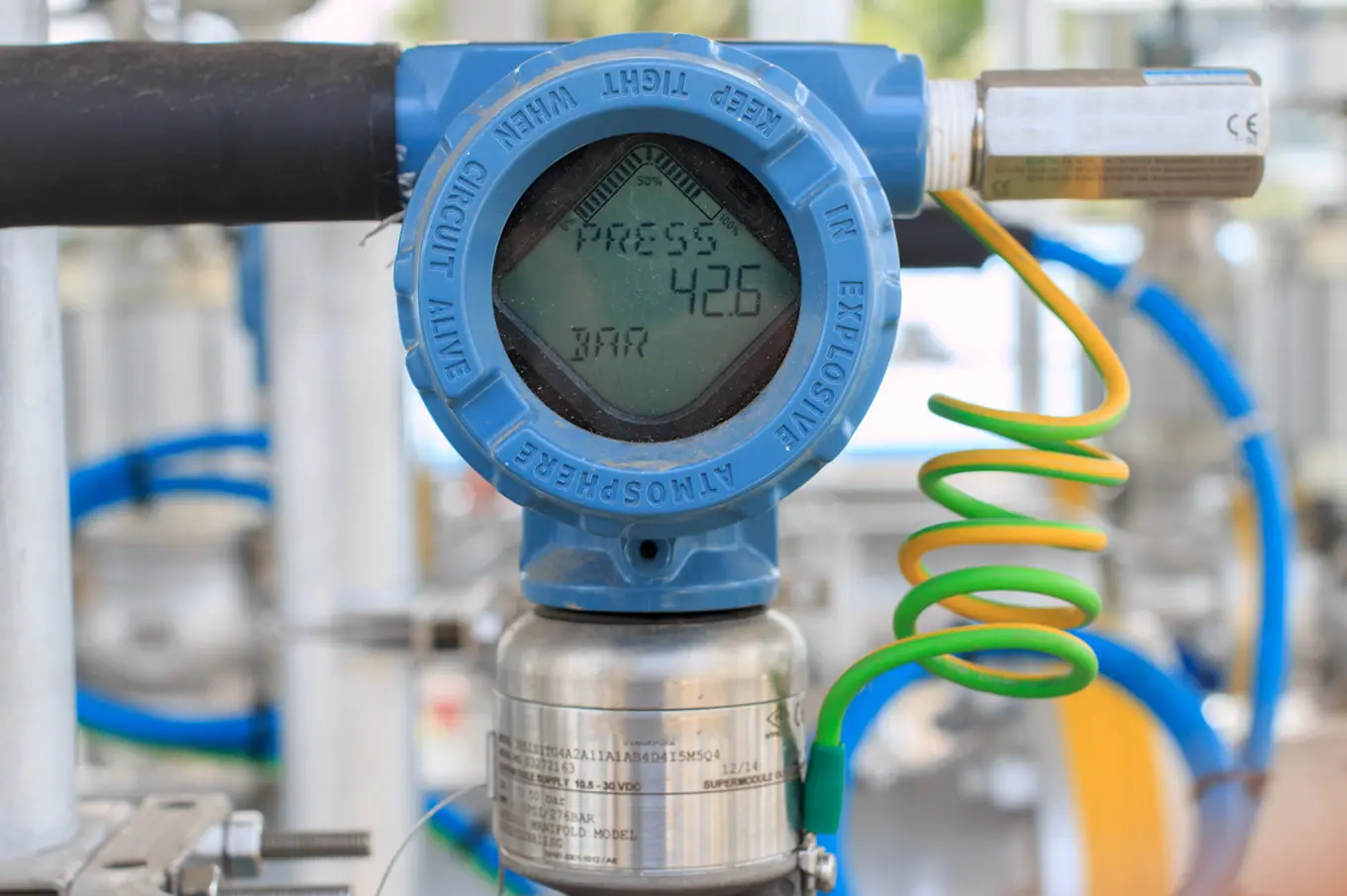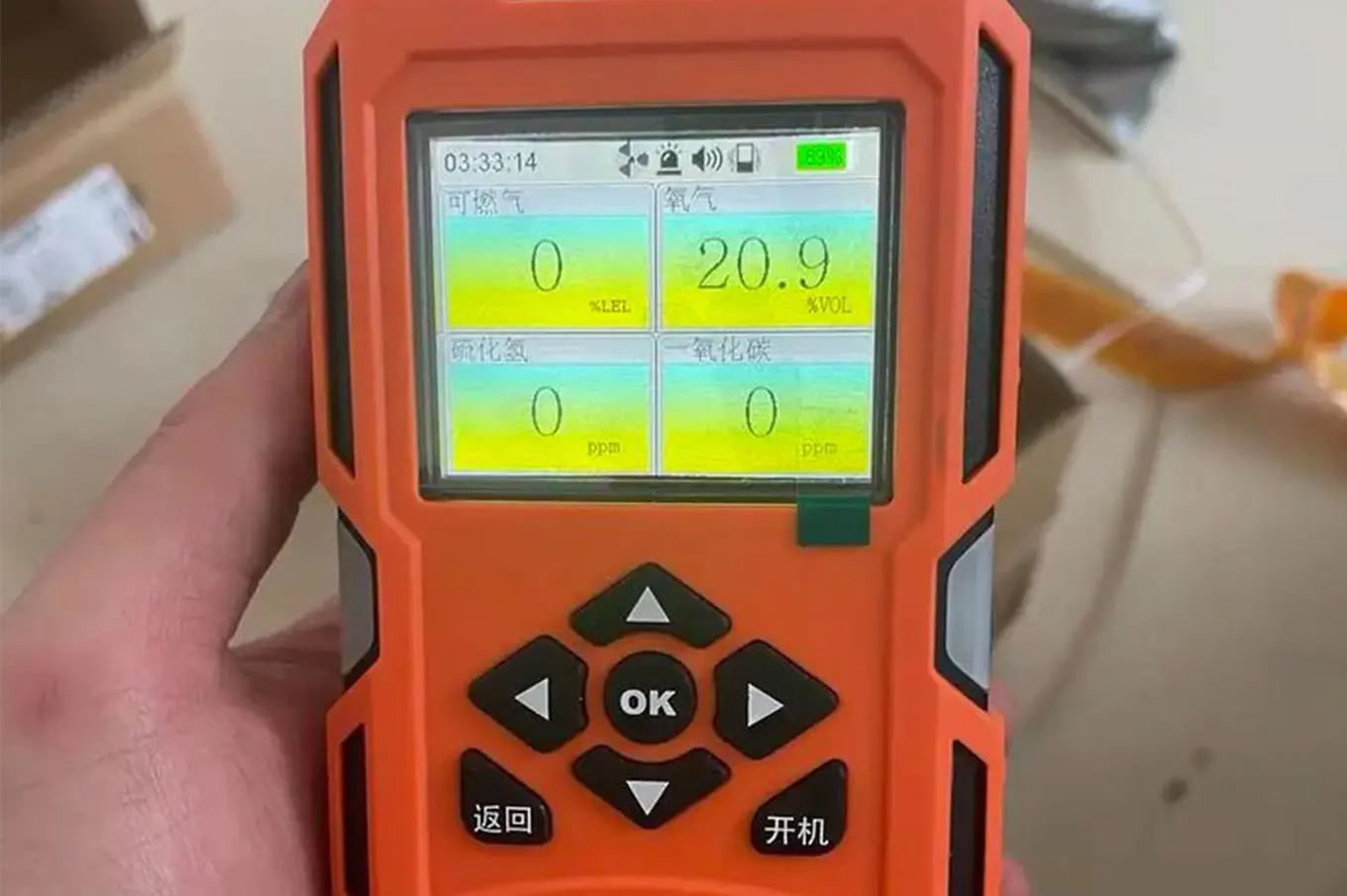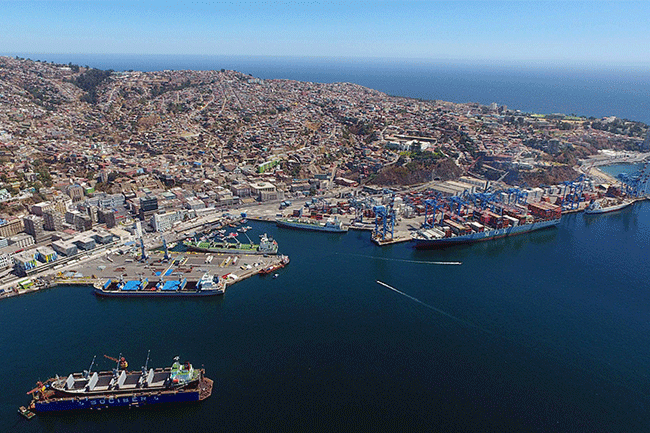- Shanghai Zhongshen International Trading Co., Ltd. – Your reliable partner with 20 years of import/export agency service expertise.
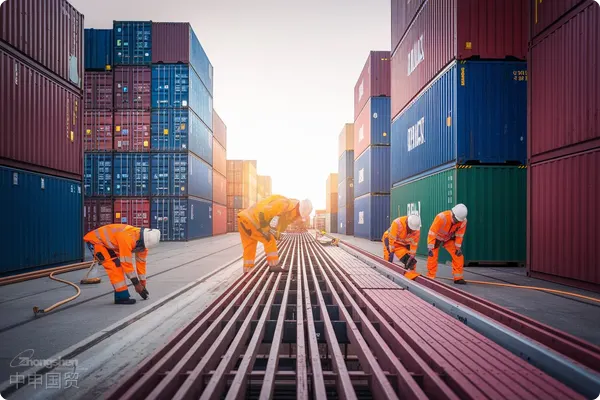
With the deepening of Sino-Russian trade, machinery?Equipment Export?Demand continues to grow. As one of the most concerning issues for export enterprises—"Russian machinery and equipment"Export Agent Services"How are the fees charged?" This article will systematically dissect the industry's conventional pricing models to help you accurately manage cross-border transaction costs.
Additional Cost Modules That Cannot Be Ignored
1.Charges based on percentage of cargo value
Industry standard adopts tiered rates of 1.5%-4% of FOB value, depending on:
- Equipment complexity (1.8%-2.5% for ordinary machine tools, up to 3.5% for special equipment)
- Order amount (negotiable to 1.2% for million-dollar orders)
- Payment terms (?L/C?Additional 0.5% for L/C transactions)
2.Fixed service packages
Applicable for small/medium single exports (cargo value < $500K):
- Basic service package: $2000-$5000 (includes customs clearance, document preparation)
- Full-process management: starting from $8000 (includes logistics monitoring, Russian acceptance assistance)
3.Hybrid pricing model
"Base service fee + risk commission" structure:
- $5000 base fee prepayment
- 0.8%-1.2% performance commission on actual payment received
4.Annual framework agreement benefits
Clients with annual export volume exceeding $3 million receive:
- 15%-20% service fee reduction
- Priority GOST certification arrangement (saving 2-3 weeks)
3 Practical Strategies for Cost Optimization
1.Logistics and tariff pre-calculation
Example for 20ft container general cargo:
| Project | Standard cost range | Special precautions |
|---|---|---|
| — | — | — |
| — | — | — |
| — | — | — |
2.Document compliance expenses
- Russian technical document translation: $20-35/page (requires certified translator seal)
- Consular legalization: $80-120/document (commercial invoice,Origin CertificateDamage during transportation
- Third-party inspection fee: $500-1500/instance (Russian designated agencies)
III. Three Practical Strategies for Cost Optimization
1.Tiered negotiation techniques
For projects exceeding $5 million cargo value, may request:
- Service fee cap clause (e.g. not exceeding 2.2%)
- Bundled logistics service discount (Maritime transport15%-20% reduction)
2.Certification Pre-management
Process 6 months in advance:
- Customs Union CU-TR Certification (maximum validity 5 years)
- Explosion-proof equipment requires additional TP TC 012/2011 certification
3.Payment Terms Design
Recommended approach:
- 30% deposit + 60% against B/L copy + 10% final payment upon acceptance
- Prioritize RMB cross-border payment (CIPS system)
IV. Risk Warning and Cost Control
1.Beware of hidden charges
Require agents to clearly disclose:
- Bank fee allocation ratio (SWIFT fees typically split 50/50)
- Demurrage calculation standards ($80-$120 daily at Russian ports)
2.Hedging of exchange rate fluctuations
Contract terms should specify:
- Hedging protection period (recommended covering delivery cycle +30 days)
- Repricing mechanism when exchange rate fluctuations exceed 2%
Current Russian customs data shows that in 2023, mechanical equipmentImport Customs Clearanceaverage clearance time is 12-18 working days. Experienced agents can reduce this to 8-12 days. Exporters should reserve 3%-5% budget flexibility for additional costs from Russian technical trade measure adjustments.
Through systematic understanding of fee structures and full supply chain cost control, Chinese manufacturers can compress Russian market agency costs to 80% of industry average, significantly enhancing export competitiveness. Regular agent service audits and dynamic cost evaluation systems are recommended.
Category Case
Contact Us
Email: service@sh-zhongshen.com
Related recommendations
Contact via WeChat

? 2025. All Rights Reserved.
